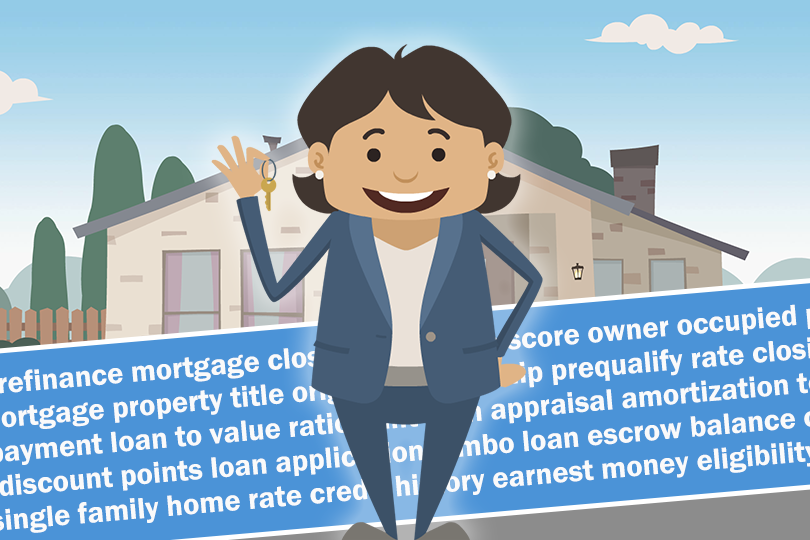Important FHA Loan Terminology
September 8, 2023
FHA Mortgage Insurance Premium (MIP)
FHA loans require two types of mortgage insurance premiums: an upfront MIP and an annual MIP. The upfront MIP is typically financed into the loan amount or paid as a lump sum at closing.
The annual MIP is an ongoing premium that is added to your monthly mortgage payment. The amount depends on the loan-to-value ratio, the loan amount, and the term of the loan.
Minimum Down Payment
These government-backed mortgages typically require a lower down payment compared to conventional loans. The minimum down payment was 3.5% of the purchase price for borrowers that satisfy a particular lender's requirements. A 10% down payment may be required for borrowers with credit scores between 500 and 580 if a lender has more stringent requirements.
Credit Score Requirements
FHA loans are known for being more lenient with credit score requirements compared to conventional loans. However, individual lenders may still have their own minimum credit score standards.
FHA Loan Limits
FHA loan limits vary by location (county) and establish how much can be borrowed based on property type. They are set annually by the Federal Housing Finance Agency. Borrowers should check the FHA loan limits for their area to ensure their desired home purchase price falls within the limit. Metro areas with higher housing costs, sometimes called high cost areas, tend to have higher loan limits.
Debt-to-Income Ratio (DTI)
Simply put, this is the comparison of your total debt to your total income. Lenders will evaluate your debt-to-income ratio to determine your eligibility for an FHA loan. Generally, your total monthly debt payments, including your mortgage payment, should not exceed a certain percentage of your monthly income.
Property Requirements
FHA loans have specific property requirements to ensure the home is safe and livable. The property must meet certain standards, and the borrower may need to pay for a home appraisal to confirm compliance.
Mortgage Term
The number of months you will be making payments on your loan is call the term. FHAloans are available in various terms, including 15-year and 30-year fixed-rate mortgages. Borrowers should choose a term that suits their financial situation and long-term goals.
Streamline Refinance
Borrowers with existing FHA loans may be eligible for a streamline refinance, which can make it easier to lower their interest rate and monthly payments without a full credit check or appraisal.
Prepayment Penalties
This is a fee paid by borrowers when a loan is paid off before the full term. FHA loans typically do not have prepayment penalties. They allowg borrowers to make extra payments or pay off the loan early without incurring any additional fees.
------------------------------
RELATED VIDEOS:
Homebuyers Benefit From the Work Done by Fannie Mae
HUD 4000.1 is Sometimes Called the FHA Handbook
Credit History Is Presented as Your FICO Score

FHA Loan Articles
March 30, 2022Once you’ve decided that you’ll be purchasing a home, one of the first questions you need to ask yourself is what kind of mortgage you’ll be using to finance it. When it comes to shopping for a home loan, there are a number of options to consider.
March 3, 2022Savvy homeowners make it a point to monitor interest rates so they can take advantage of a drop. Many choose to refinance their mortgages to capitalize on falling rates and lower their monthly payments and save on interest.
February 24, 2022One of the major hurdles that keeps families from purchasing a home is the need for a down payment. The FHA’s goal is to offer more homebuying opportunities to low- and moderate-income Americans and set more easily achievable down payment requirements for borrowers.
January 31, 2022One of the first steps to take when you decide to buy a home is getting pre-approved for a mortgage. It is important to know what it means to get pre-approved for a home loan, and what the pre-approval letter does and doesn’t do for your home buying chances.
January 10, 2022A home loan is one of the most important investments you can make. Buying a home means owning property, and being a homeowner means there's potential to watch your investment grow in value over time. But first, the lender has to make sure the borrower is a good credit risk.







